10 Immune-Boosting Foods That Are Missing From Your Plate
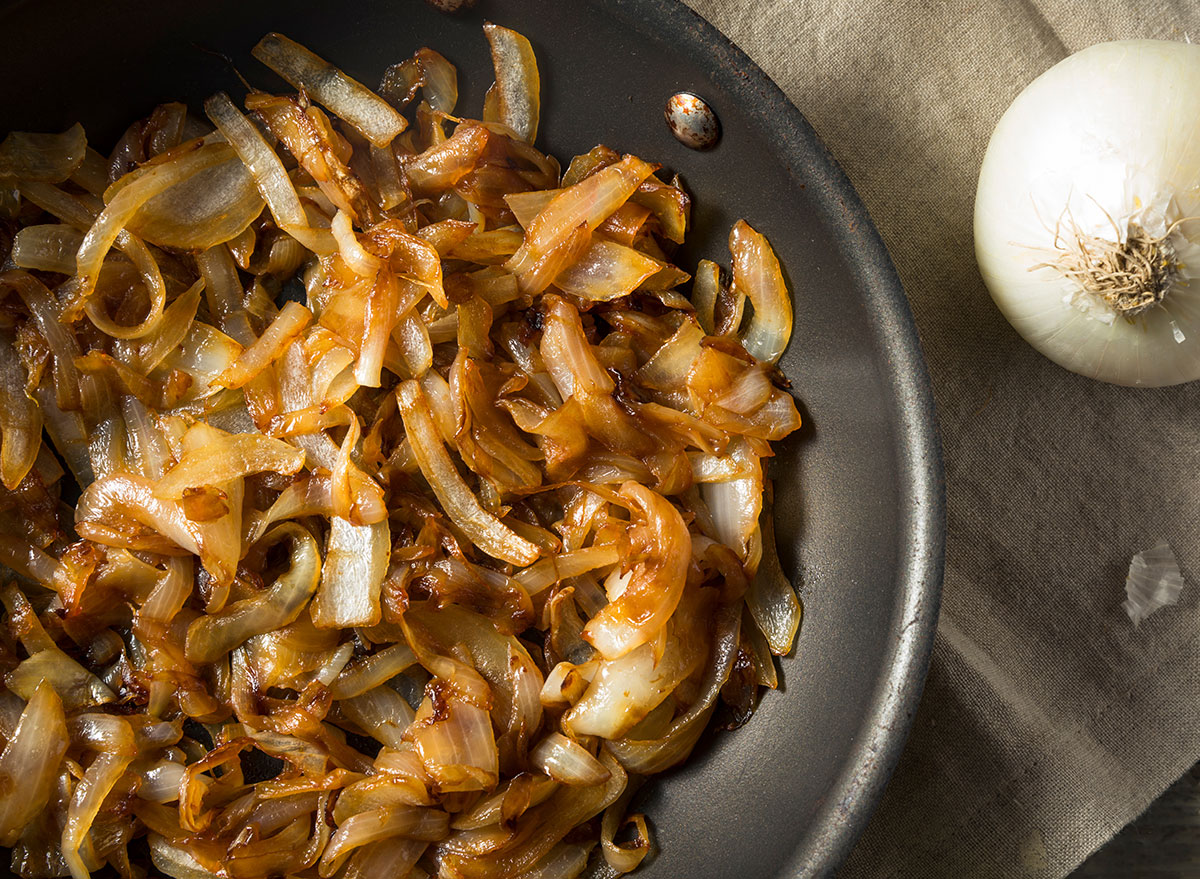
When it comes to bolstering your immune health, food really is medicine… if you eat the right things. Some foods can actually suppress your immune response—and nobody needs that during cold, flu, and you-know-what-else season.
The following foods all support your immune response in meaningful ways—add them to your cart the next time you're strolling the grocery store aisles, and make sure they appear on your plate at every meal, too. (To stay healthy all year long, make sure you avoid these foods that can actually weaken your immune system.)
Fresh Ginger
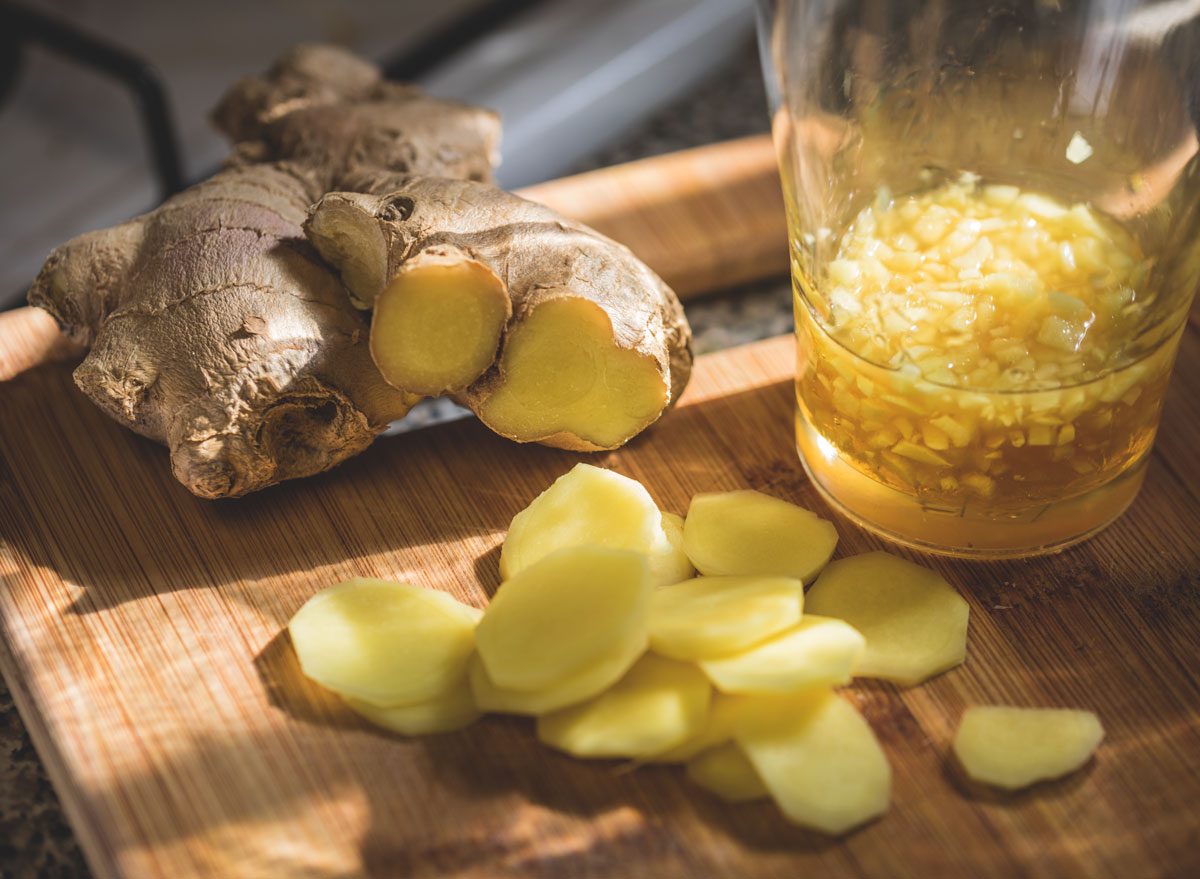
This spicy root (or more accurately, stem) boasts anti-viral and anti-inflammatory activity. Just remember, fresh is best—powdered and ground ginger may not be able to claim the same immune-supportive benefits, depending on the impact processing has on their gingerols.
Sign up for our newsletter for more healthy eating tips and news.
Apples and Onions
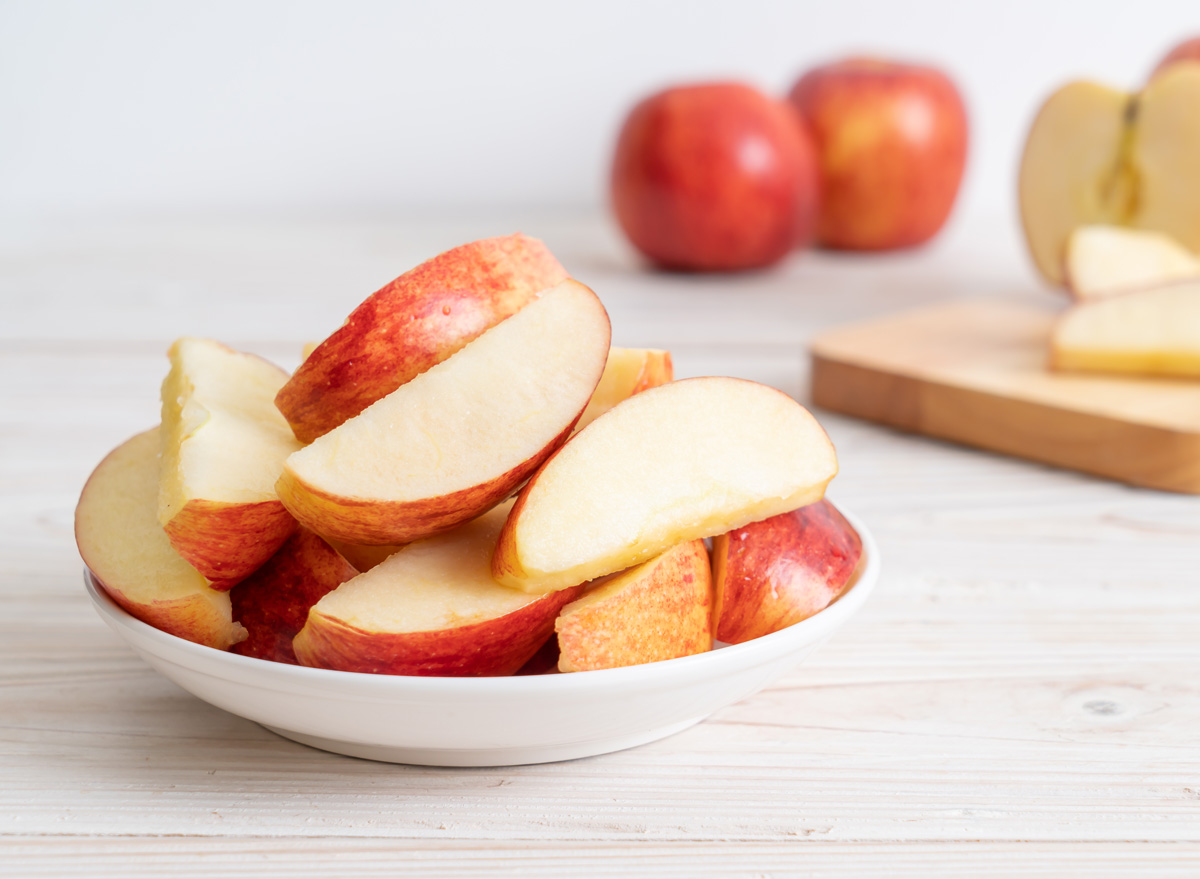
Apples and onions don't have to be eaten together (although they could be delicious in a savory tart), but both of these foods contain high levels of the potent, immune-boosting flavonoid quercetin. In fact, quercetin may be one of the most underrated health-boosters around, considering that research shows it has anti-bacterial, anti-viral, anti-allergy, anti-cancer, and anti-inflammatory benefits.
Aloe Vera
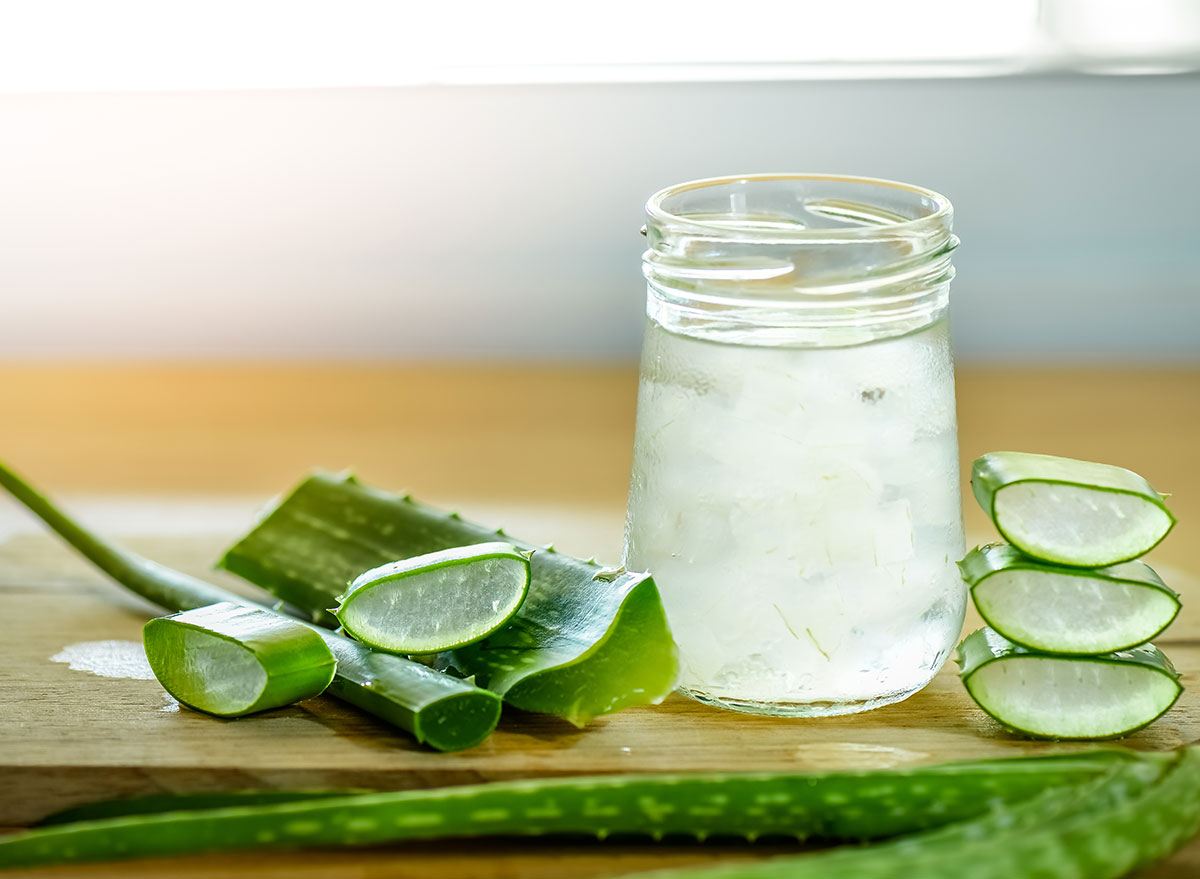
You may be more familiar with the skin-healing properties of the aloe vera plant, but according to recent research, it also has immune-supporting benefits thanks to its antiviral and antibacterial properties. Most often, food-grade aloe vera is ingested in small quantities as a gel or a juice. Note: Pregnant women and children under five should not take aloe vera internally.
Sauerkraut

Probiotic-containing foods help support a healthy microbiome, which in turn have been shown to assist the immune system. Sauerkraut is easy to find and you only need a forkful every day or so. Be sure to look for raw varieties, such as the ones made by this brand.
Mushrooms
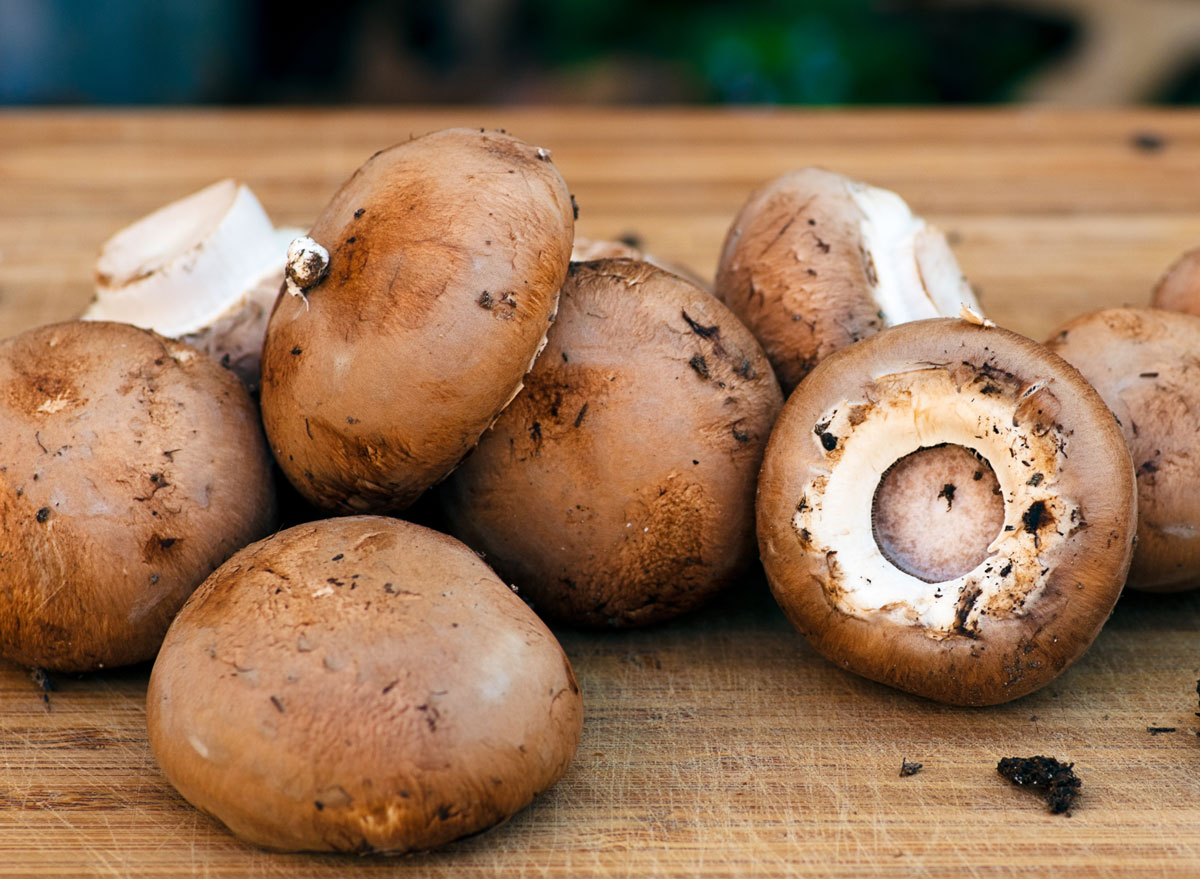
Medicinal mushrooms, such as chaga, reishi, turkey tail, shiitake, maitake, lion's mane, and cordyceps, contain powerful polysaccharides (plant chemicals) called beta-glucans, which have been found to help fight inflammation and balance the immune system.
Oats
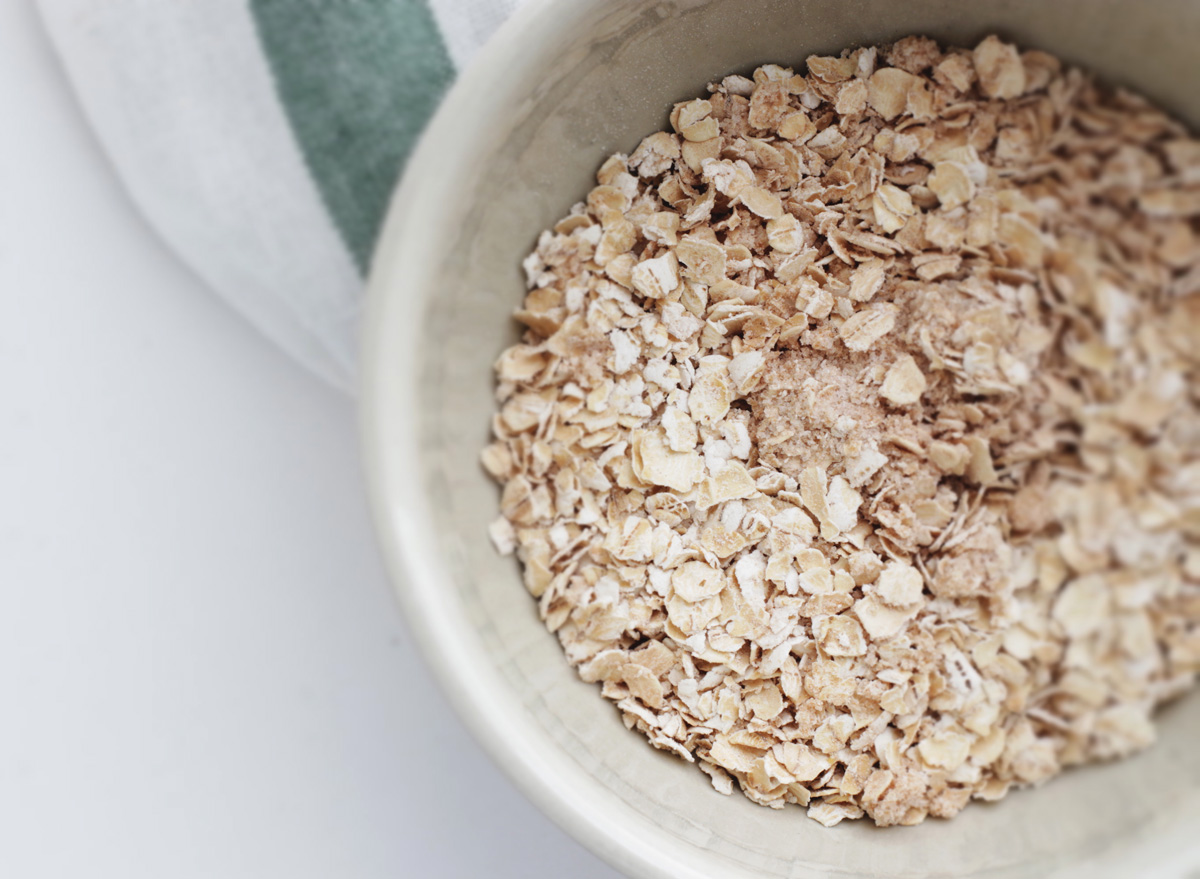
Along with mushrooms, oats contain beta-glucans—those powerful, health-building plant chemicals. Check out these inventive overnight-oats recipes for inspiration.
Raspberries
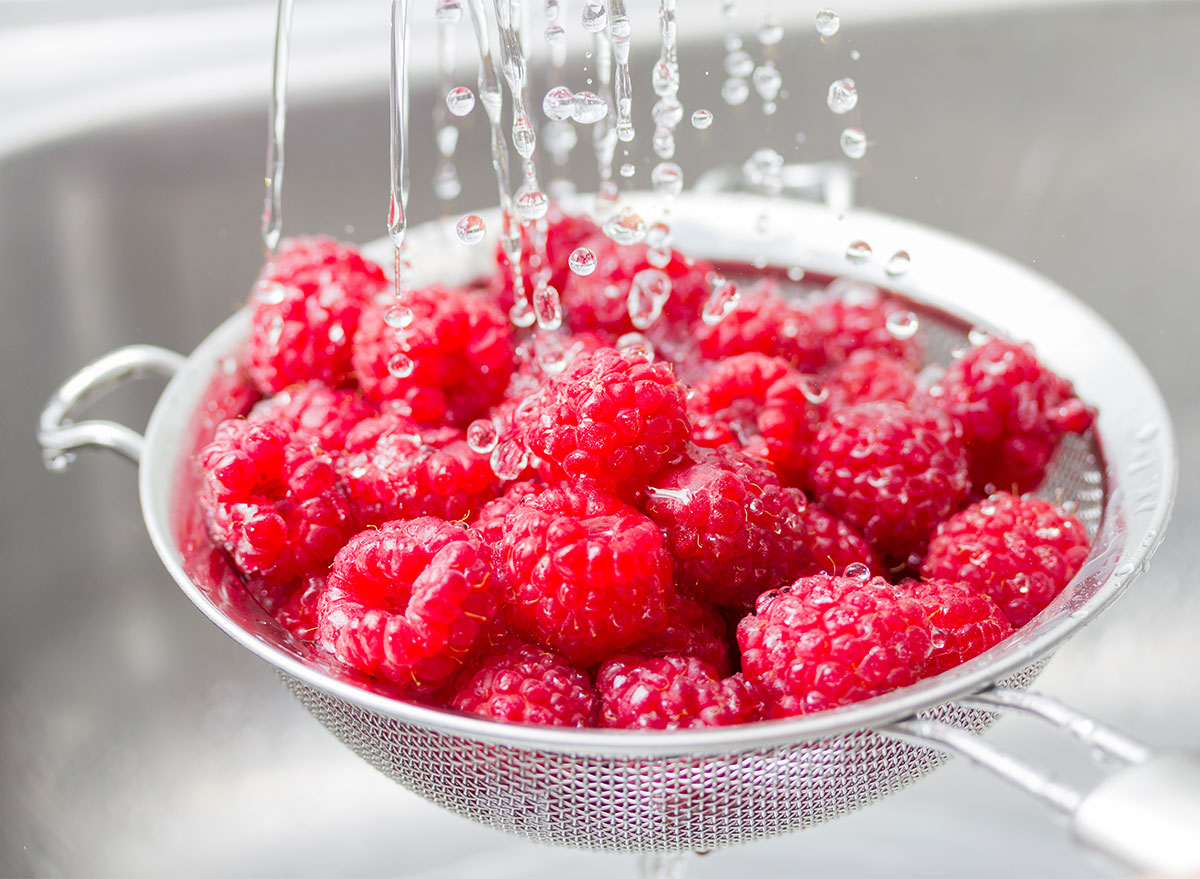
Like all berries, raspberries are powerful antioxidants, but these ruby fruit jewels also contain adequate levels of quercetin, the aforementioned flavonoid that helps support your immune health.
Cocoa

Don't get too excited—you can't scarf down chocolate in an effort to stay well. But cocoa packs the same immune-supportive phytochemicals that raspberries contain and studies have shown that it has anti-inflammatory power and an influence on adaptive and intestinal immunity. Look for cocoa powder without added sugar and whip up a healthy recipe, such as this chocolate avocado mousse.
Leeks
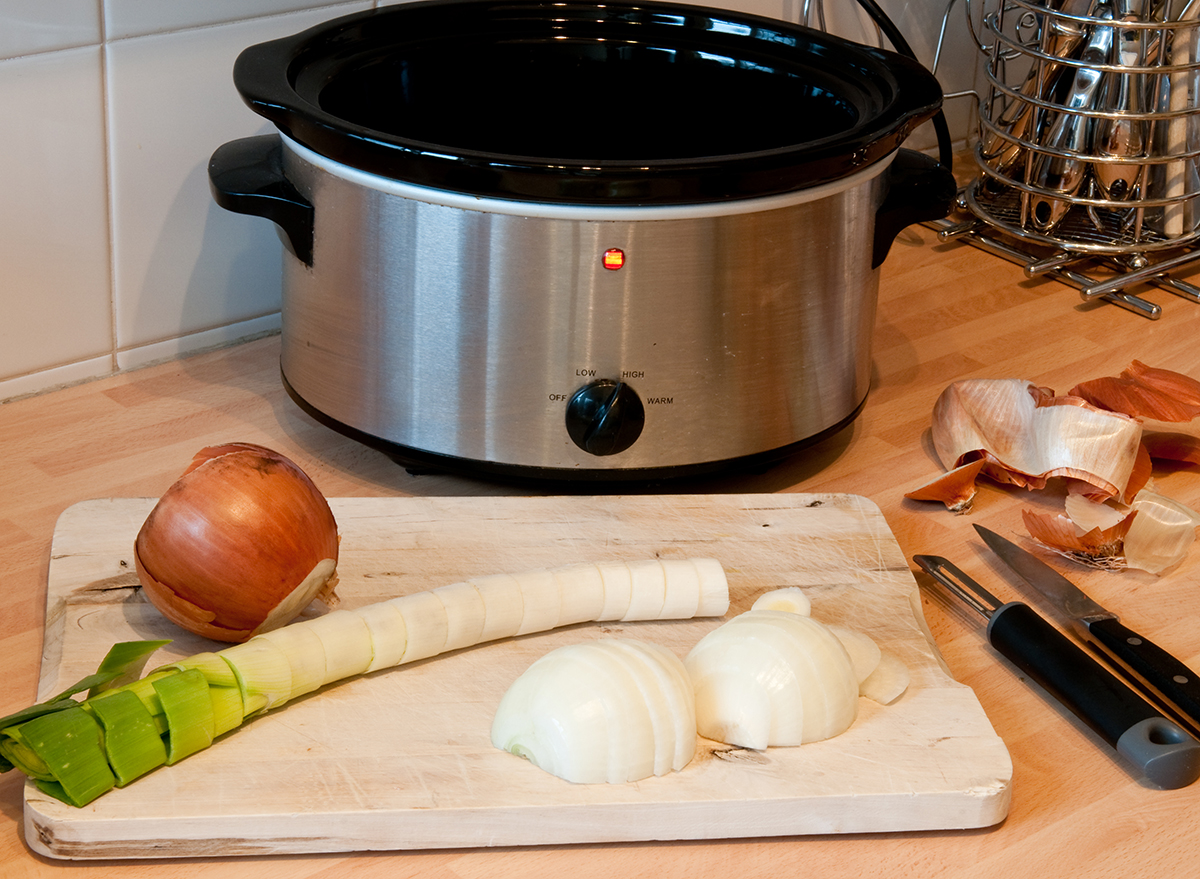
These onion-y vegetables, which look like chubbier scallions, contain allicin, an antimicrobial, inflammation-fighting compound. (Garlic and shallots also share this property, and chopping or crushing these pungent veggies helps release the allicin.) Leeks are also a good source of gut-healthy prebiotics.
For more immune-boosting tips, make sure to check out the 11 Best Immune-Boosting Foods to Fight COVID, According to Doctors.








